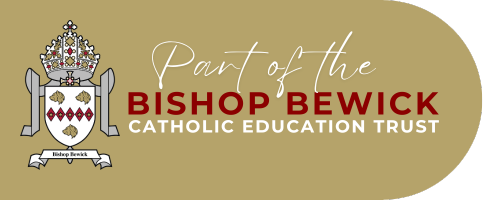
SCIENCE
SCIENCE
INTRODUCTION:
Our science curriculum is aligned to the National Curriculum programmes of study and also appropriate aspects of the Early Years Foundation Stage. Units of learning are delivered through the main areas of science which are:
Biology
Physics
Chemistry
Our learning material aims to stimulate and excite pupils’ curiosity through linking direct practical experiences with ideas and theories so as to develop both their knowledge and skills. Pupils are engaged in scientific activity as soon as they enter early years through guided and independent experimentation, play, observation and language development. As they move through the school, they continue to develop a sense of awe and wonder about the world around them and their learning in school engages them in finding out about living things, materials, physical processes and phenomena.
By helping pupils build a solid foundation of scientific concepts and principles, their knowledge grows, and they make deeper links between ideas and scientific thinking and how these impacts on our lives. This in turn also helps pupils develop an appreciation for the role science has in our lives. As well as building knowledge, pupils also build skills in terms of enquiry, measuring, interpretation, investigation, research and reporting. By acquiring such skills, they are enabled to acquire increased knowledge through their learning experiences and drawing on wider or associated knowledge from prior learning and the extensive links with other subject areas such as maths, geography, health education, technology and physical education.
Progression documents ensure key learning is identified within each unit covered and this also supports teachers in accurately referencing prior learning and next steps. Units of learning are carefully planned and sequenced, so pupils have opportunities to acquire and apply both skills and knowledge in both theoretical and practical activities. Teachers assess pupils progress and understanding using both a formative ongoing approach as well as summative low stakes testing at the end of each unit, where appropriate.



